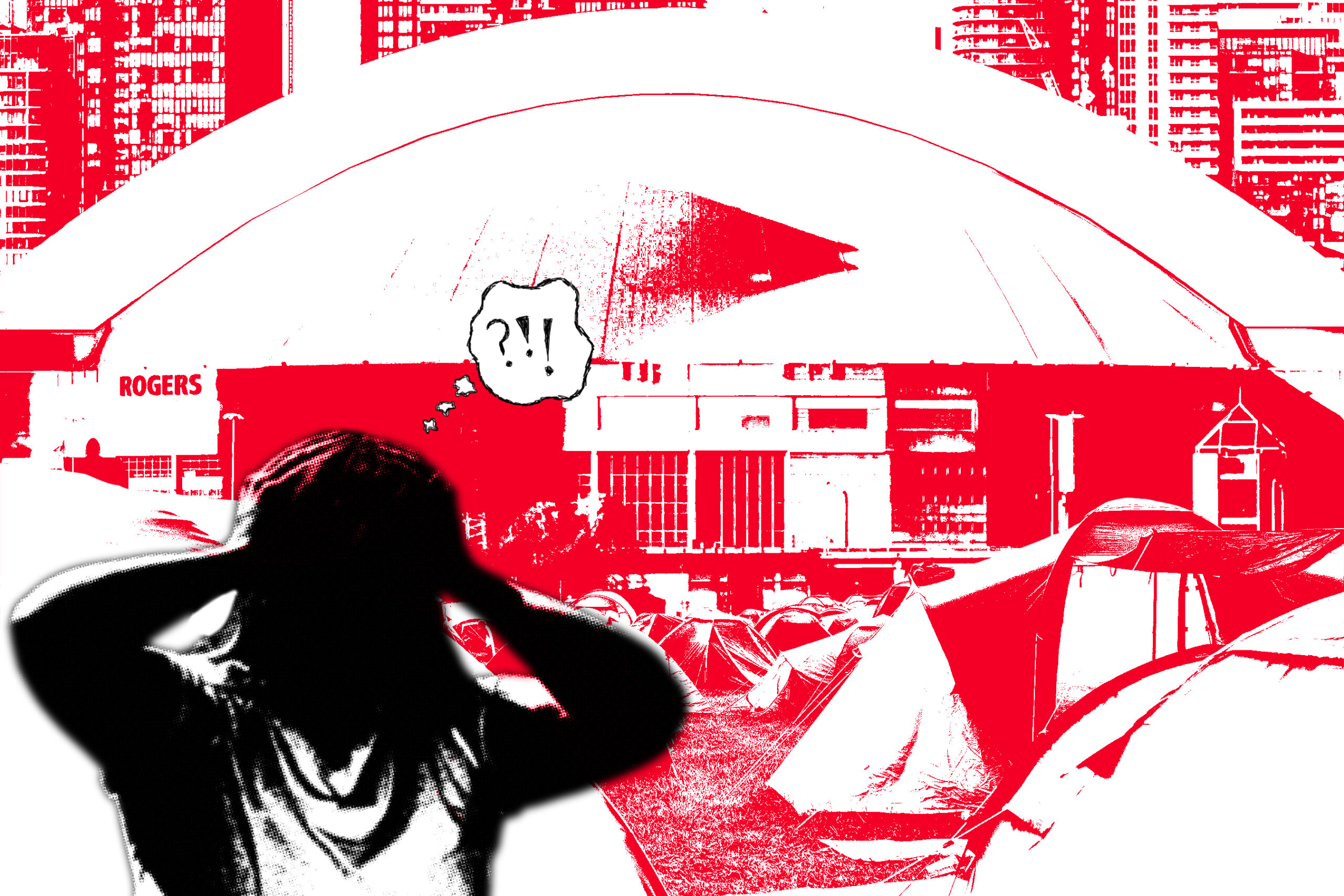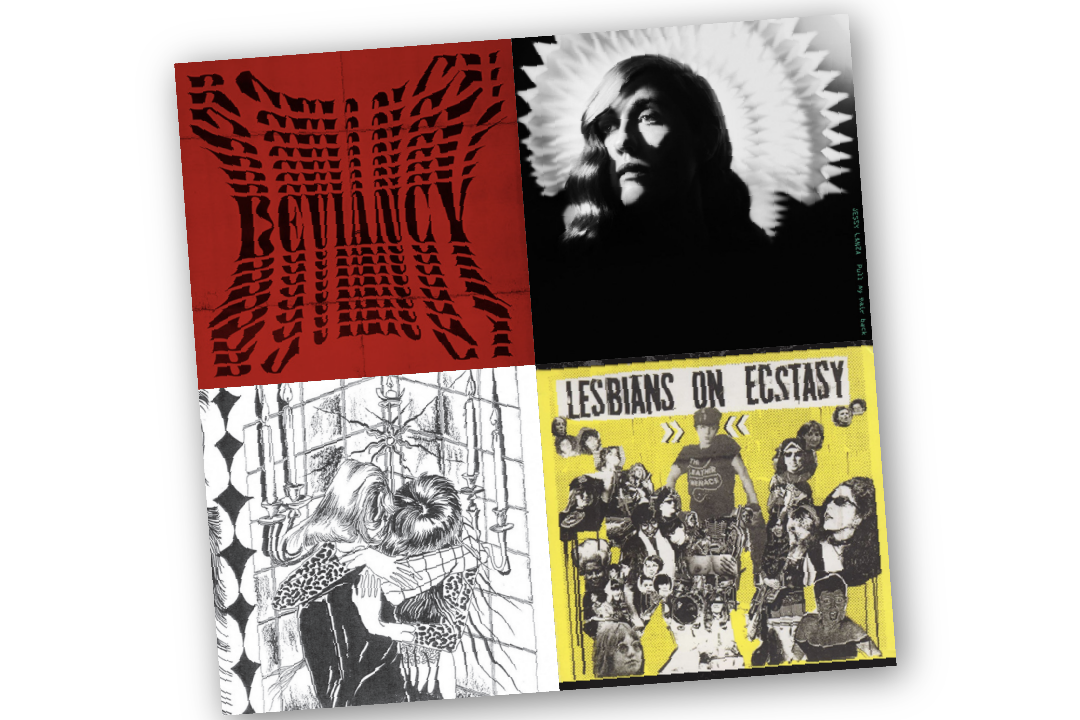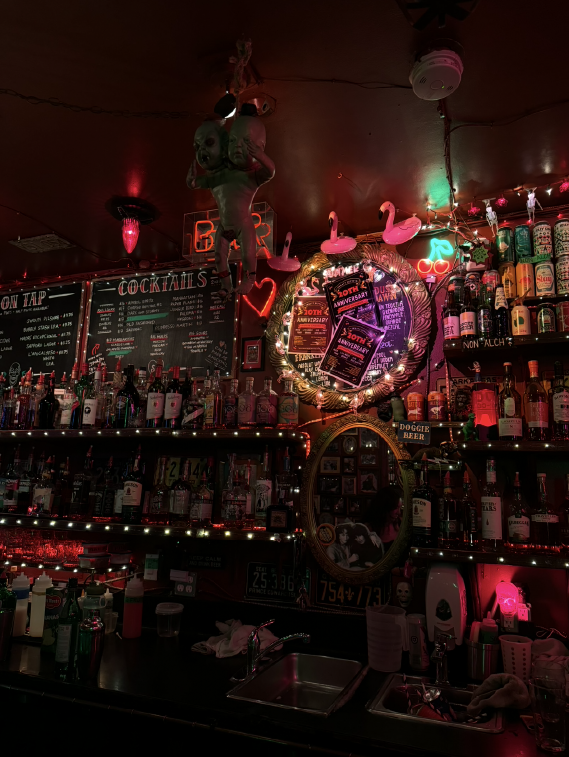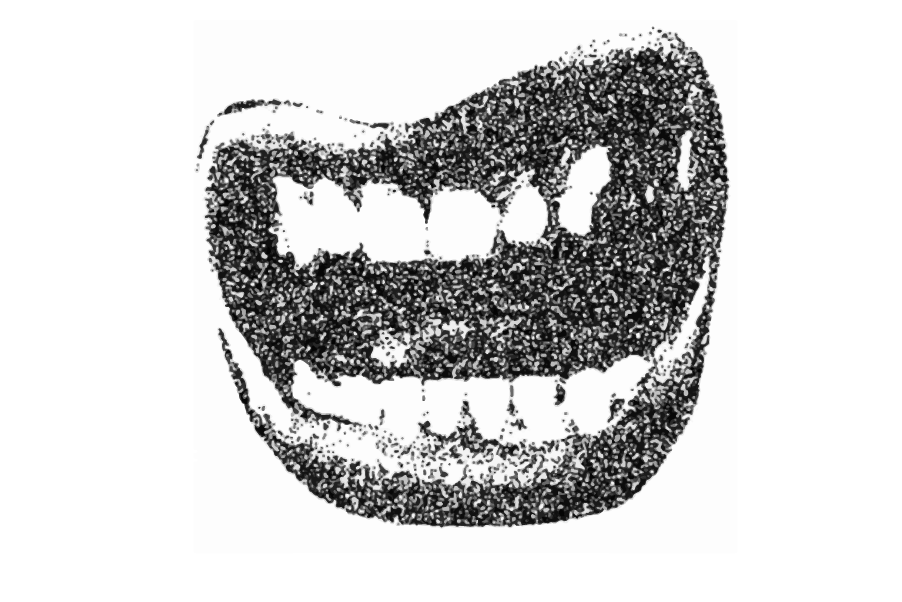An analysis of the panel that dived into the depth of reprisals in the workplace and how often they shape into Islamophobia

By Shumaila Mubarak
In an era where free speech is regarded as a vital pillar of democracy, Palestinian expression feels, to many, secluded from the discussion.
At this year’s Toronto Palestine Film Festival, experts from various fields such as law, academia and art participated in “Suppression of Palestinian Expression” — a panel co-hosted with The Arab Canadian Lawyers Association — discussed how Palestinian speech and expression have been censored across various settings over the past year.
“For the past year, we have been inundated by stories of [Palestinian] suppression of expression in the workplace, in activist spaces and by the media,” one of the representatives of the Arab Canadian Lawyers Association said during the panel.
“It’s important that we talk about these stories. See what people are going through and how we can address their issues.”
Jackie Esmonde, a lawyer and one of the panellists, presented several cases of Canadians facing anti-Palestinian repression in their workplaces.
One of the reprisal cases she detailed was about a healthcare worker who was sent on immediate leave after they posted Palestinian poetry about the war in Gaza on her Instagram story.
The worker’s post was labelled as “unprofessional” and anti-Semitic.
Esmonde also presented another case where a healthcare worker posted a Muslim prayer on their social media, for which they were later suspended and fired from the job.
“Reprisal in the workplace is deep and wide, and it sometimes also takes the shape of Islamophobia, which is deeply alarming and unfortunate,” Esmonde said during the panel.
She also said that while these reprisals are unfortunate, defending and supporting these workers through public campaigns makes the biggest difference.
“We need to be able to defend each other,” Esmonde added.
Arash Ghiassi, another lawyer on the panel, gave insight into the changed mandate for the Toronto Police Service (TPS) regarding protests for the war in the Middle East.
He said that due to the changed mandate, the TPS now responsible for investigating all protests related to the Middle East, even if there is no criminal complaint against them.
To represent the repression of Palestinian expression in the education section, Esmat Elhalaby, a transnational history professor at the University of Toronto, emphasized the importance of supporting academic freedom on campus and challenging institutional anti-Palestinian racism.
Artist Luis Jacob highlighted censorship in the world of art during the panel. He gave insights into the case of Wanda Nanibush, an Indigenous curator whose work was removed by the Art Gallery of Ontario due to her support for Palestinians.
The conversations initiated during the panel were enlightening for many, including myself. It offered a roadmap for fostering spaces for all kinds of free speech.
“After hearing about these cases and stories, I feel very inspired to know that there is a shift in various industries around pro-Palestinian rhetoric,” said Miha, one of the panel attendees.
“It’s good to know that there are still people working for justice who care about the suppression of Palestinian expression,” she said.
Restricting Palestinian expression can have consequences beyond individual cases. It can influence and challenge how various sectors handle freedom of expression and freedom of speech.
Racism and the suppression of expression devalue the very basics of a functioning democracy. Stories about the suppression of expression are essential, and having conversations about them is a step toward safeguarding everyone’s rights and the integrity of educational spaces and workplaces.





